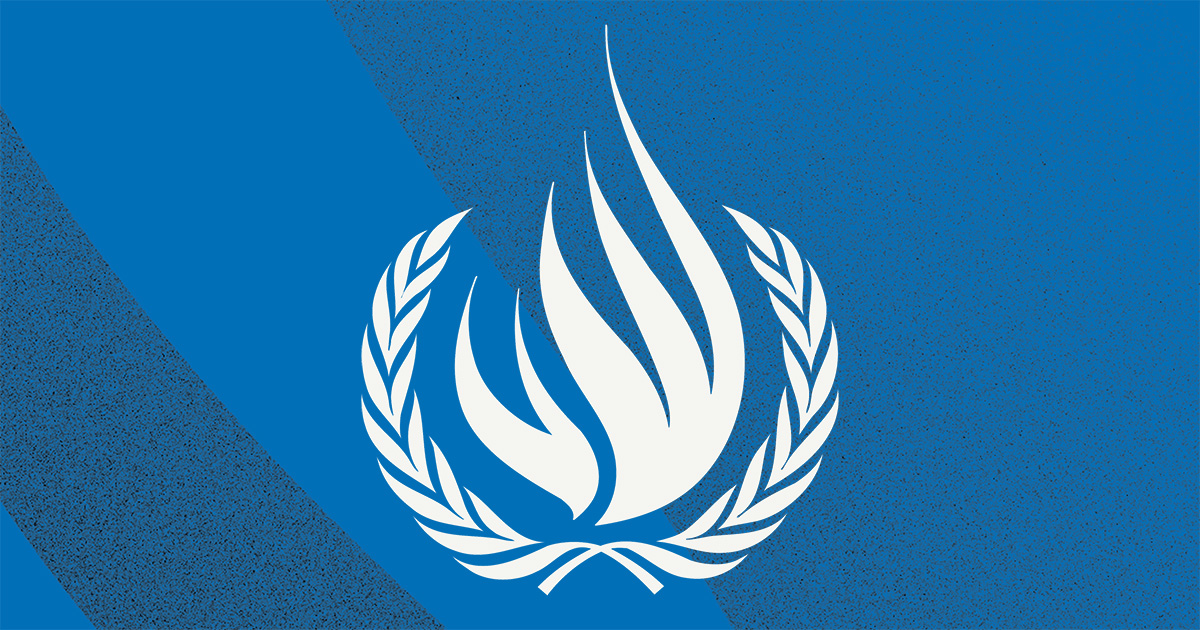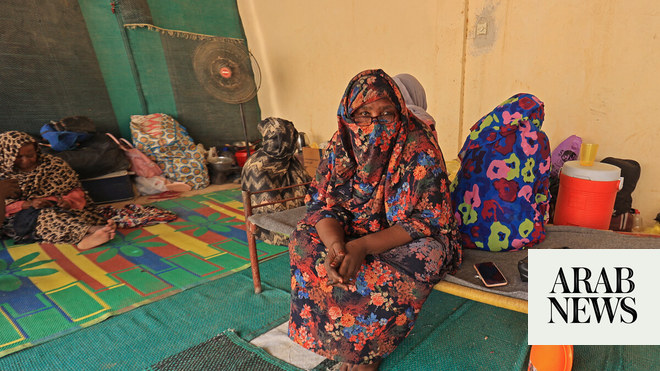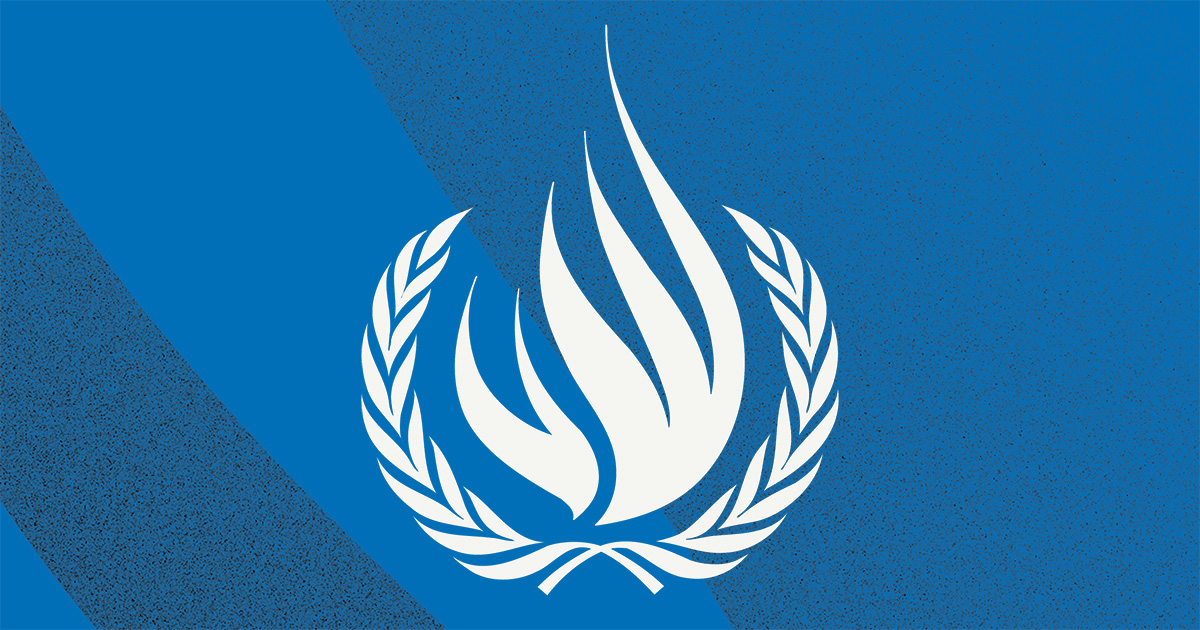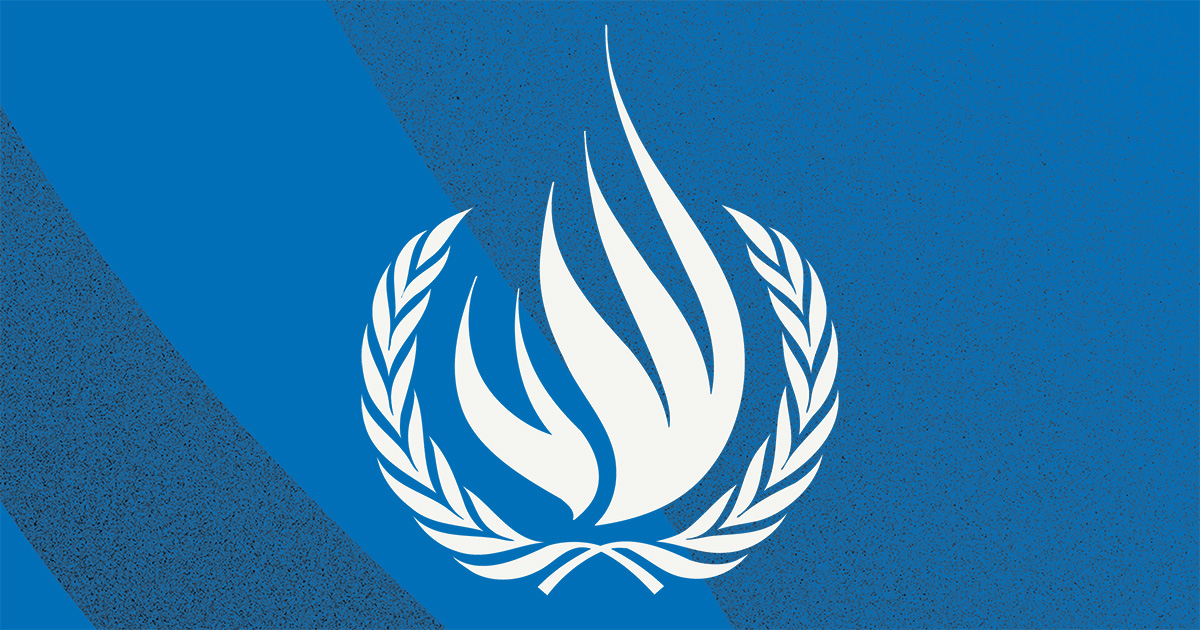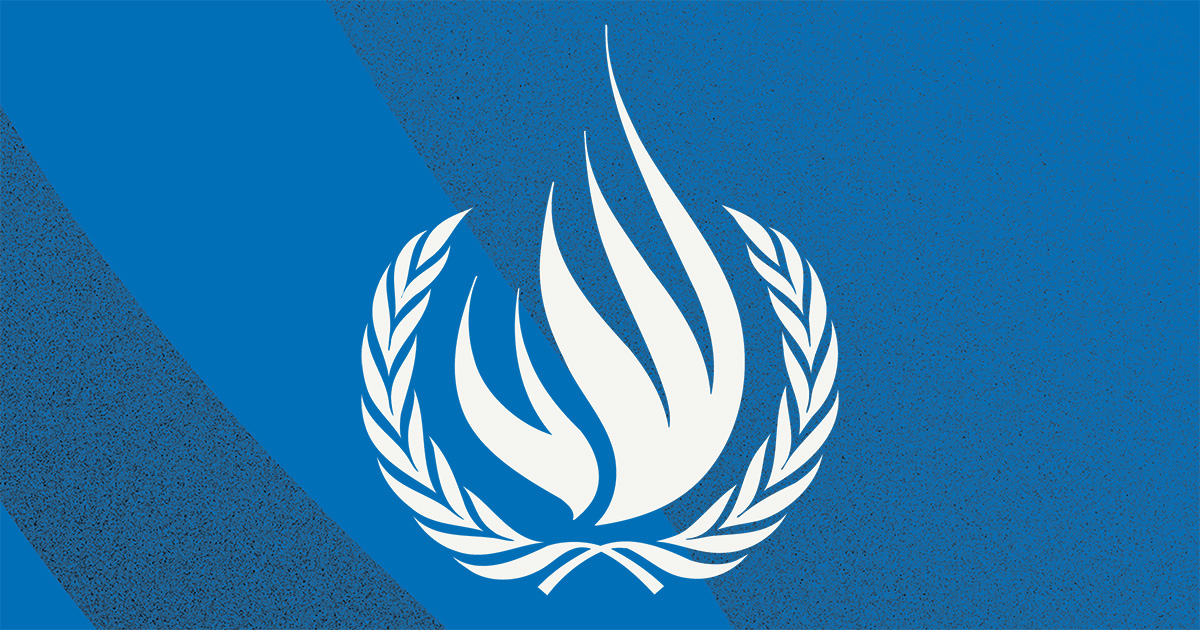
GENEVA (15 June 2022) – UN Special Rapporteurs* participating in the annual RightsCon Summit have emphasized that digital rights violations enable and escalate online and offline violence, deepening conflict, systemic discrimination against particular groups and humanitarian, economic, and political crises worldwide. They issue the following joint statement:
“Digital platforms and tools play an integral and growing role in crises, conflicts, and war. Communities displaced by war, famine, natural disasters and climate change, as well as marginalized individuals and groups, rely on such platforms to stay connected, access up-to-date and life-saving information, and connect with humanitarian agencies to receive emergency assistance. Such platforms are also a key tool for community organizing, peace-building, as well as participation in and access to justice and accountability processes. The experts specifically raised concerns about shrinking civic space and rising digital authoritarianism through internet shutdowns, targeted surveillance, cyber and physical attacks on critical broadcast and communications infrastructure, the use of drones by domestic law enforcement, as well as disinformation and smear campaigns, particularly during such crises — stressing the need for accountability under international law.
The experts also called attention to the radical impact of digital technologies on any humanitarian response. They highlighted the dependence on digital identity programs – particularly the collection of sensitive biometric data as a condition to access humanitarian aid – despite dangers to human rights as illustrated recently in breaches, data loss, and the exclusion of at-risk communities. They implored humanitarian actors to account for human rights impacts to ensure that digital solutions do not cause further harm to those most vulnerable.
They noted the role and responsibility of the tech sector and concern over content moderation policies and practices that continue to disproportionately target individuals, groups and communities that are already marginalized, discriminated against, and oppressed, especially during times of crises, conflict and war. Online trolls — sometimes sponsored by governments — are attacking the most vulnerable and marginalized, often through hate speech. Spreading disinformation and hatred online is a tactic often used by oppressive governments to justify persecution of minorities and dissenting voice, online and off. It is integral for companies to engage with civil society and human rights advocates on the ground to fully understand potential human rights consequences and solutions.
We will continue documenting the intersection of technology and human rights within our mandates, particularly in preparation for our upcoming reports to the United Nations Human Rights Council and General Assembly.”
At RightsCon 2022, held on June 6-10, the UN Special Rapporteurs engaged on a range of issues, participating in the following virtual sessions: “Digital repression and Civic Space: Emerging New Voices,” “How can we achieve gender equality in freedom of expression online and offline,” “When democracy is at risk, how will we tackle disinformation?” “Launch of Effective Guidelines on Hate Speech, Social Media & Minorities,” “Bringing Drones Home: Human Rights Approaches to Domestic Deployment of Drones in Law Enforcement,” and “Otherization through disinformation: Online hate speech and the Baháʼís in Iran.”
ENDS




